Best Spots for a Digital Detox
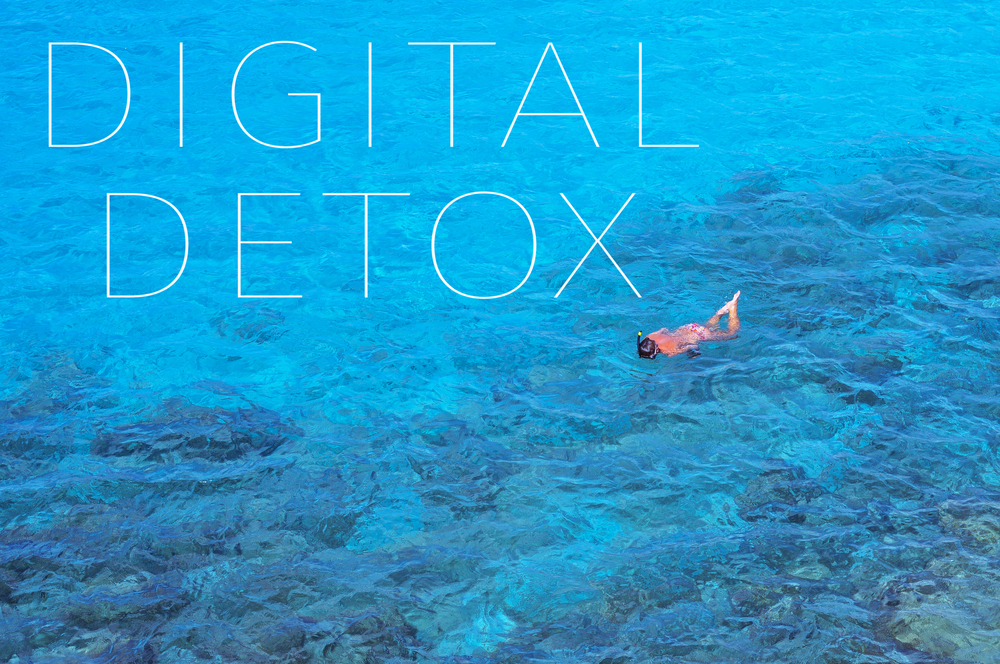
Lately, I’ve noticed how the constant ping of notifications and the urge to check my phone have started to wear me down. It feels like we’re all caught in this never-ending cycle of connectivity that leaves little room for real-life connections. Maybe it’s time to step back from the screens and rediscover the simple joys of being present in the moment. What if unplugging could help us recharge, refocus, and truly reconnect with ourselves and the world around us?
The Overwhelm of Constant Connectivity
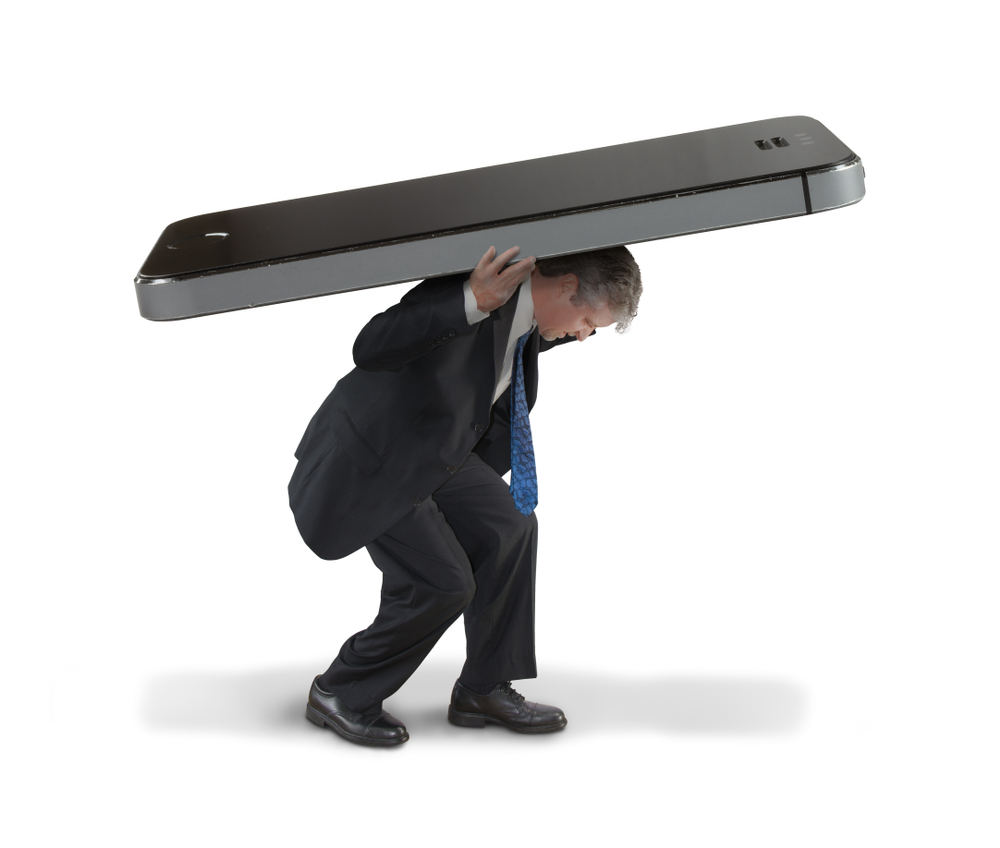
In today’s world, being plugged in 24/7 has become the norm. We’re always accessible, always updating, and always consuming information. While this connectivity has its perks, it can also leave us feeling drained.
The Impact on Mental Health
Did you know that excessive screen time can lead to increased stress and anxiety? According to a study by the American Psychological Association, individuals who constantly check their devices report higher stress levels than those who don’t. The continuous influx of information can overwhelm our minds, making it hard to relax and focus.
The Need to Unplug
Stepping away from our devices isn’t just about reducing screen time; it’s about improving our overall health. Unplugging can lead to:
- Better sleep: Reducing exposure to screens before bedtime can improve sleep quality.
- Enhanced relationships: Being present can strengthen our connections with others.
- Increased productivity: Fewer distractions can lead to more focused and efficient work.
Ever wondered how different life could feel without the constant buzz of your phone? There’s a whole world out there waiting to be rediscovered. In the next part, we’ll dive into what a digital detox truly means and how it can transform your life.
What Exactly is a Digital Detox?
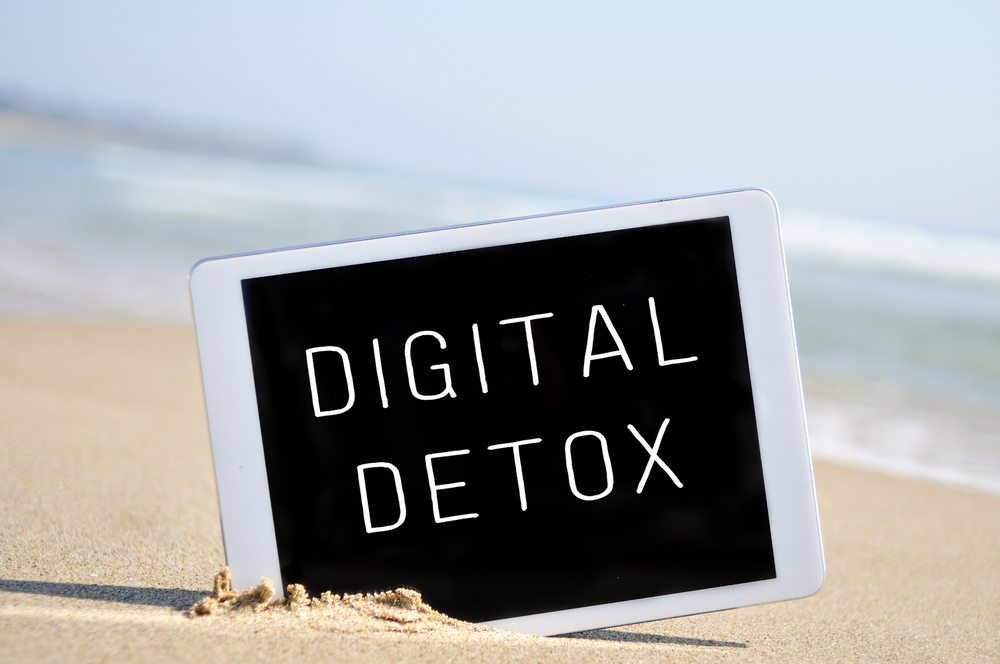
Ever caught yourself instinctively reaching for your phone the moment you have a spare second? I certainly have. A digital detox isn’t about abandoning technology altogether; it’s about taking a purposeful break to reconnect with ourselves and the world around us. It’s like hitting the reset button for your mind.
The Benefits of Unplugging
When I first decided to unplug, I was amazed at how much clarity I gained. Here are some incredible benefits you might experience:
- Mental Clarity: Without constant notifications, your mind has space to think deeply and creatively.
- Better Sleep: Stepping away from screens, especially before bed, can improve sleep quality. According to a study by Harvard Medical School, blue light from devices can disrupt our sleep patterns.
- Enhanced Relationships: Being fully present with loved ones strengthens bonds and creates lasting memories.
“Almost everything will work again if you unplug it for a few minutes, including you.” – Anne Lamott
Common Misconceptions
I used to think a digital detox meant going off the grid completely, but that’s just one myth. Let’s clear up some common misunderstandings:
- You Must Give Up All Technology: Not true! It’s about finding balance, not eliminating devices entirely.
- Detoxes Aren’t Practical in Today’s World: While staying connected is important, setting boundaries can enhance productivity and well-being.
- It’s Only for the Tech-Savvy: Anyone can benefit from a digital break, regardless of how much they use technology.
Feeling curious about how to make a digital detox work for you? In the next part, I’ll share some tips on preparing for a successful unplugged experience.
How to Prepare for a Successful Digital Detox
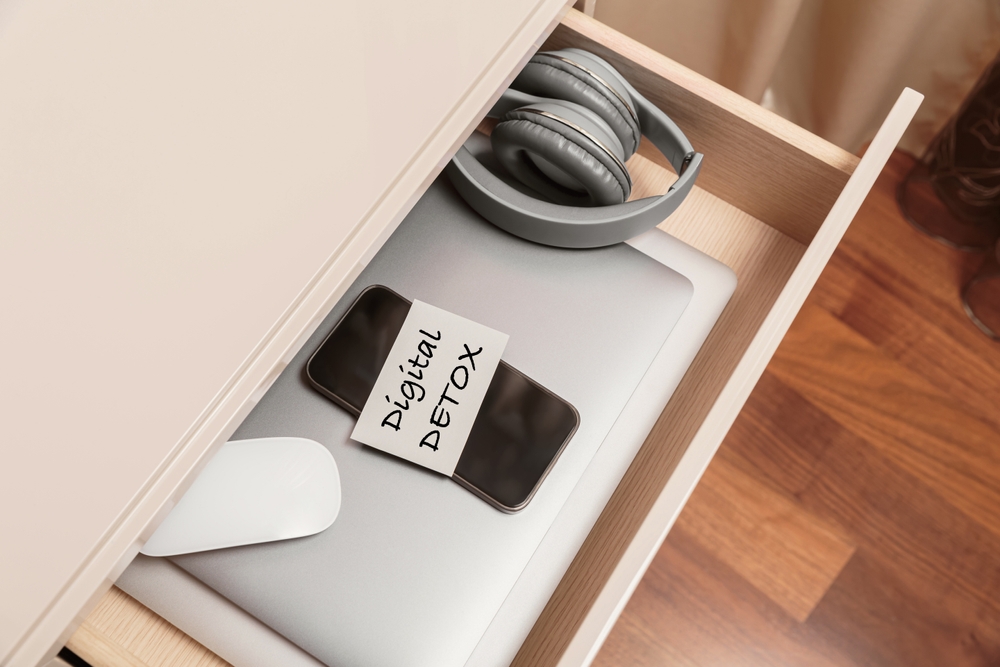
Taking the leap into a digital detox can be both exciting and a bit unnerving. I remember feeling a mix of anticipation and uncertainty before my first unplugged weekend. But with a little preparation, you’ll set yourself up for an incredible experience that refreshes your mind and spirit. Here are some steps that have made my digital detoxes truly rewarding.
Setting Clear Intentions
First things first: ask yourself what you hope to gain from disconnecting. Is it to reduce stress, reconnect with loved ones, or maybe dive into that stack of books you’ve been meaning to read? For me, it was about finding clarity away from the constant buzz of notifications.
Writing down your intentions can be powerful. It gives your detox purpose and becomes a touchstone if you start feeling the itch to check your phone. As author Annie Dillard once said:
“How we spend our days is, of course, how we spend our lives.”
By setting clear intentions, you’re choosing how you want to spend your days—and ultimately, your life.
Informing Friends and Family
The last thing you want during your detox is a slew of worried messages when you don’t respond. Let your friends and family know your plans. A quick call or message can prevent unnecessary concern and help them understand why you’re taking this time for yourself.
I’ve found that being open about my detox not only eases others’ minds but also encourages meaningful conversations about the benefits of unplugging. Who knows? You might inspire someone else to join you on the journey.
Choosing the Right Time Frame
Figuring out how long to unplug depends on your personal needs and schedule. It could be a single day, a weekend, or even longer. When I started, I chose a weekend when I didn’t have pressing work commitments or events. This made it easier to fully disconnect without stress.
- Start Small: If the idea feels overwhelming, begin with a 24-hour detox.
- Consider Your Obligations: Choose a time when you’re less likely to need digital access for work or family matters.
- Listen to Yourself: Reflect on what duration feels right for you and aligns with your intentions.
Remember, there’s no one-size-fits-all. The key is to select a time frame that allows you to fully embrace the experience without added pressure.
By taking these steps, you’re well on your way to a successful digital detox. The preparation not only eases the transition but also enriches the overall experience. Trust me, the effort is worth the reward.
Now that you’re ready to unplug, you might be wondering where to go to make the most of your detox. In my next section, I’ll share some of my favorite off-grid destinations that offer the perfect backdrop for disconnecting and rejuvenating.
Top Off-Grid Destinations to Disconnect
You know that moment when you realize you haven’t checked your phone in hours, and you feel utterly content? That’s the magic of finding places where the digital world simply doesn’t reach. Let’s explore some incredible destinations where you can truly unplug and reconnect with what’s around you.
Secluded Mountain Retreats
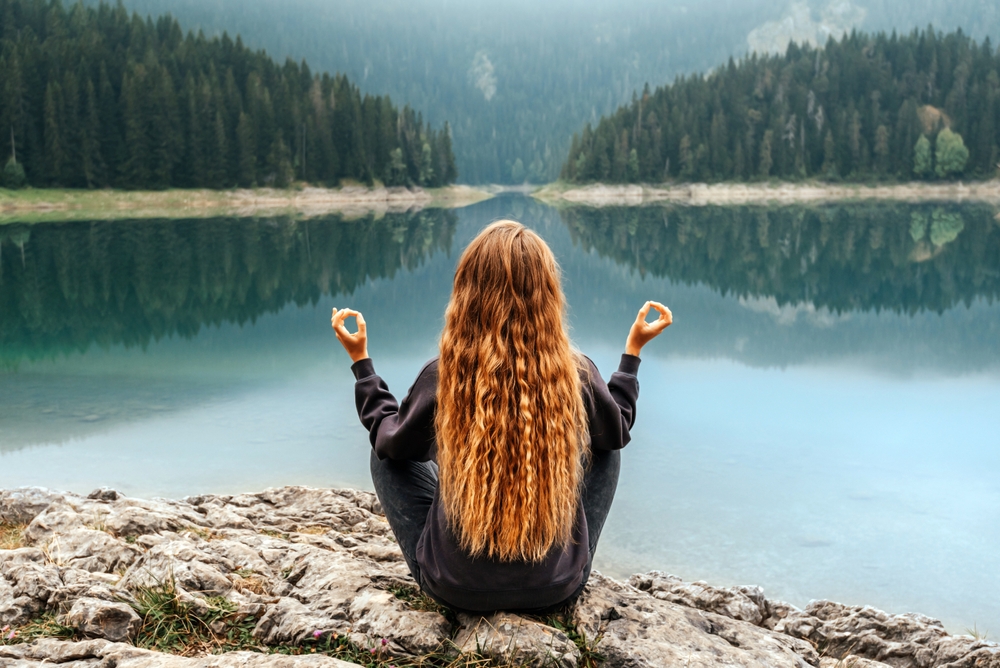
Imagine waking up in a cozy cabin, surrounded by towering trees and the gentle sounds of nature. Places like the remote lodges in the Rocky Mountains or the hidden gems in the Appalachian Trail offer the perfect backdrop for disconnecting. Without the buzz of notifications, you’ll find yourself immersed in hiking, reading by the fireplace, or simply enjoying the peace and quiet.
- Rocky Mountain Cabins: Experience breathtaking views and serene landscapes in Colorado’s wilderness.
- Appalachian Hideaways: Explore miles of trails and discover the tranquility of the East Coast’s natural beauty.
As John Muir once said:
“In every walk with nature one receives far more than he seeks.”
There’s something profoundly refreshing about being enveloped by the mountains, where the only agenda is to soak in the beauty around you.
Beach Getaways Without Wi-Fi

If the mountains aren’t calling you, perhaps the allure of untouched beaches is. Places like Costa Rica’s Osa Peninsula or the secluded shores of Tulum, Mexico offer pristine coastlines where Wi-Fi is scarce, but the connection to nature is strong.
- Osa Peninsula: Dive into the rich biodiversity and enjoy the simplicity of beachfront bungalows.
- Tulum’s Hidden Beaches: Find peace where the jungle meets the sea, far from crowded resorts.
The rhythm of the waves and the warmth of the sun provide a natural detox from digital overload. Trust me, watching a sunset over the ocean without the urge to capture it on a screen is a freeing experience.
Wellness Resorts Focused on Mindfulness
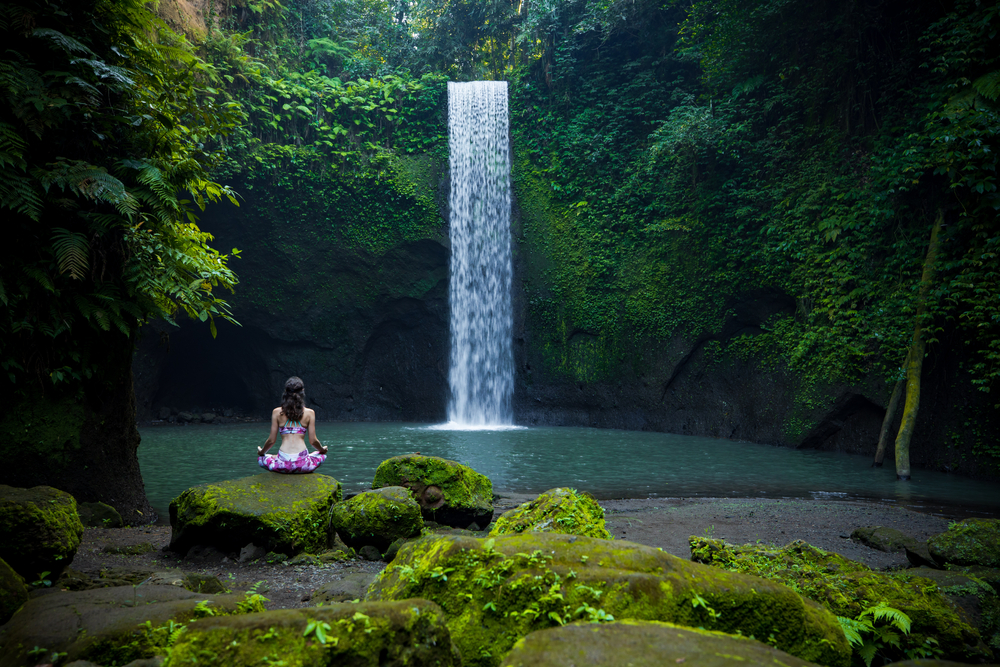
For those seeking a guided journey towards disconnection, wellness resorts dedicated to mindfulness are perfect. Resorts in places like Bali or Sedona, Arizona specialize in helping guests detach from technology and tap into inner peace.
- Bali Retreats: Engage in yoga and meditation amid lush rice fields and tranquil temples.
- Sedona Sanctuaries: Explore spiritual workshops and healing therapies in the stunning red rock landscapes.
These resorts often enforce digital-free zones or scheduled times to unplug, making it easier to break away from habitual scrolling. By focusing on wellness activities, you’ll find yourself rediscovering the joy of simply being present.
So, are you ready to pack your bags and leave the digital world behind, even if just for a little while? Trust me, the journey to unplugging is one adventure you won’t regret. But once you’ve arrived at your destination, how can you make the most of your time offline?
Incorporating Mindfulness into Your Detox
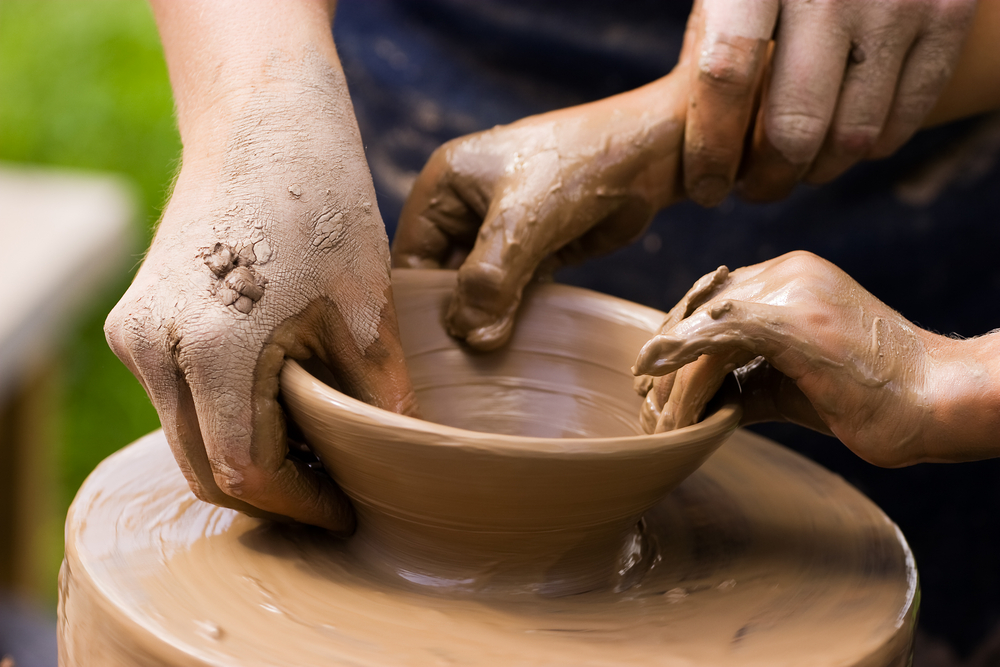
Taking a break from screens isn’t just about what we’re leaving behind; it’s also about what we’re embracing instead. During my own digital detox, I discovered that weaving mindfulness into the experience made it even more rewarding. Let’s check out some ways to ground ourselves and truly reconnect.
Embracing Meditation and Yoga
One morning, without the usual rush to check emails, I unrolled a yoga mat facing the sunrise. Practicing meditation and yoga helped me deepen relaxation and become more self-aware. Just spending a few minutes focusing on my breath made a world of difference. Research even suggests that regular mindfulness exercises can reduce stress and improve mental clarity.[1]
Engaging in Creative Activities
Without the constant buzz of notifications, I found joy in picking up old hobbies. I started sketching again, letting my pencil flow without any digital aid. Whether it’s painting, writing in a journal, or crafting something by hand, tapping into creativity feels incredibly refreshing. It’s amazing how engaging in these activities can ignite our imagination and bring a sense of fulfillment.
Connecting with Nature
There’s something magical about immersing yourself in the great outdoors. I took long walks through the forest, listened to the birds sing, and felt the gentle breeze on my face. Being in nature fostered a sense of peace and offered a new perspective on life. As John Muir once said:
“And into the forest I go, to lose my mind and find my soul.”
Nature has a way of grounding us, reminding us of the simple joys that exist beyond our screens.
Incorporating these mindfulness practices made my digital detox not just a break from technology, but a journey back to myself. But let’s be honest, it’s not always easy to stay unplugged. So, how do we handle those moments when we’re tempted to reach for our devices?
Overcoming Challenges During Your Detox

Embarking on a digital detox can feel both exciting and daunting. Trust me, I’ve been there. The allure of screens is strong, and stepping away isn’t always easy. But with a few strategies up your sleeve, you can navigate these challenges and make the most of your unplugged time.
Managing the Urge to Check In
It’s astonishing how instinctively we reach for our phones at the slightest pause. To combat this, I found that out of sight truly means out of mind. Consider keeping your devices in a drawer or even handing them over to a trusted friend during your detox. Replace the habit loop with something positive—like picking up a book or going for a walk whenever you feel the itch to check your phone.
Quick Tips:
- Turn off notifications before starting your detox.
- Use an old-fashioned alarm clock instead of your phone.
- Set up an auto-reply to inform others you’re offline.
Dealing with Boredom
Without constant digital stimulation, boredom might creep in. But here’s the silver lining: boredom can spark creativity. In fact, a study from the Journal of Creative Behavior found that idle minds are more likely to generate innovative ideas.
So, embrace this opportunity to explore new hobbies or revisit old ones. Maybe it’s time to dust off that guitar or try your hand at painting. The world is full of possibilities beyond the screen.
Staying Committed
There will be moments when you question why you started this detox in the first place. In those times, remind yourself of the reasons you chose to unplug. Perhaps you wanted to reconnect with nature, improve your mental health, or simply enjoy some peace and quiet. Keeping a journal of your thoughts and experiences can reinforce your commitment and highlight the benefits you’re experiencing.
“Almost everything will work again if you unplug it for a few minutes, including you.” – Anne Lamott
This quote resonates with me because it captures the essence of taking a break to reset. Remember, this journey is about you. Stay focused on your goals, and you’ll find the strength to see it through.
Feeling a bit unsure about how long your detox should last? You’re not alone. Up next, we’ll explore how to choose the perfect duration that suits your needs.
How Long Should Your Digital Detox Last?
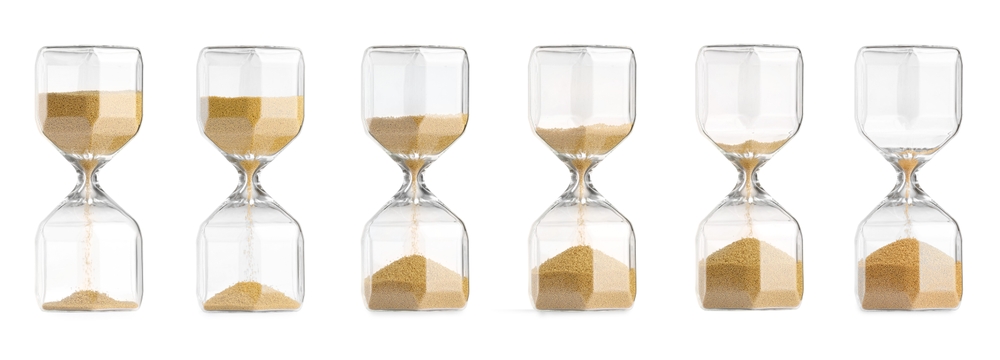
One question I often ask myself is, “How long do I need to unplug to truly recharge?” Is a quick weekend retreat enough, or should I plan for a longer escape from the digital world? The reality is, there’s no definitive answer. The effectiveness of a digital detox isn’t just about the duration—it’s about the quality of time spent reconnecting with ourselves and our surroundings.
Short-Term Detoxes
Sometimes, even a brief break can make a significant difference. Taking 24 hours or a weekend off from all devices can be incredibly refreshing. Imagine spending a Saturday hiking in the mountains or enjoying a beach day without the constant buzz of notifications. These short-term detoxes allow us to experience the immediate benefits of unplugging without the need for extensive planning.
Extended Unplugging Periods
There are times when a longer break feels necessary. Dedicating a week or more to disconnect can lead to deeper rejuvenation and personal growth. Extended detoxes give us the space to form new habits, engage more profoundly with our environment, and reflect on our relationship with technology. I once spent two weeks at a remote retreat, and by the end, I felt a profound sense of clarity and peace that short breaks hadn’t provided.
Listening to Your Needs
Ultimately, the ideal length of a digital detox is a personal choice. It’s about understanding what you need at this moment in your life. As the saying goes, “The only person who knows what’s best for you is you.” Whether it’s a day, a week, or longer, the key is to listen to your inner voice and honor what feels right for you.
Finding that perfect balance between our digital and real-world lives can be a challenge. But once we’ve experienced the benefits of a detox, how do we continue to nurture that sense of well-being?
Resources to Support Your Digital Detox Journey
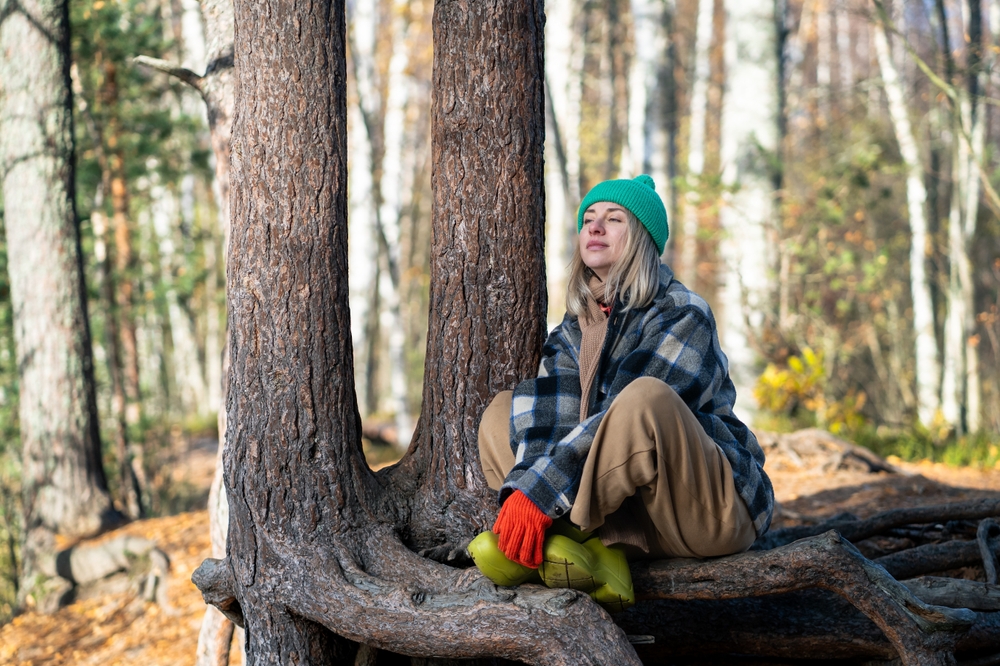
Embarking on a digital detox can feel a bit daunting, especially if you’re not sure where to start. When I first considered unplugging, I found immense value in tapping into communities and resources that had already paved the way. So, I’ve compiled some fantastic tools and insights that can help you navigate your own journey toward disconnecting.
Community Insights and Ideas
There’s nothing quite like hearing from others who’ve been in your shoes. I stumbled upon an engaging Reddit thread where folks share their experiences and suggestions for off-grid trips. It’s packed with real-life stories and creative ideas that can spark your own plans.
Reddit: Digital Detox Off-Grid Trip Ideas
Diving into this thread, I found inspiration in the simplicity of others’ adventures. From backpacking in remote mountains to staying at secluded cabins, the possibilities are endless. It’s a reminder that sometimes, the best insights come from people just like us.
Comprehensive Detox Guides
When I was looking for a structured approach to unplugging, the guide from Westgate Resorts was a game-changer. It offers practical tips on how to prepare for your detox, what to expect, and how to make the most of your time offline.
Westgate Resorts: Digital Detoxing Guide
This resource breaks down the process into manageable steps, making it feel less overwhelming. It highlights activities to engage in during your detox and ways to maintain the benefits afterward. If you’re seeking a comprehensive roadmap, this guide is a must-read.
Top Destination Recommendations
Finding the perfect place to disconnect can make all the difference. I came across a list of the top digital detox destinations for 2024, and it immediately caught my eye. These spots are specifically curated to help you unplug and recharge.
WellSpa 360: Top 10 Digital Detox Destinations for 2024
From serene beach resorts without Wi-Fi to mountain retreats nestled in nature, these destinations offer something for everyone. Browsing through this list got me excited about planning my next getaway, and I bet it’ll do the same for you.
These resources provided me with the tools and confidence to fully embrace my digital detox journey. They showed me that unplugging isn’t just about turning off devices; it’s about reconnecting with experiences that truly matter. But you might be wondering, after such a refreshing break, how do we carry that sense of peace back into our daily lives? Stay tuned, because next, we’ll explore how to embrace life beyond the screen and make lasting changes.
Embracing Life Beyond the Screen

After stepping away from the digital world, I’ve discovered just how much life there is to live beyond the screen. The quiet moments, the laughter shared without distraction, and the beauty of the world around us become so much more vivid when we’re fully present. Unplugging wasn’t just a break; it was a wake-up call to embrace life in its purest form.
Integrating Lessons Learned
One of the biggest takeaways from my digital detox was the importance of being present. Now, I make a conscious effort to carry that mindfulness into my everyday routine. For example, instead of reaching for my phone first thing in the morning, I spend a few minutes stretching and setting intentions for the day. It’s a small change, but it sets a positive tone.
I’ve also started scheduling regular “unplugged” times during the week. Whether it’s a tech-free Sunday or a couple of hours each evening, these periods help me reconnect with hobbies I love, like reading or cooking new recipes. Research has shown that engaging in such activities can boost happiness and reduce stress.
Creating Sustainable Tech Habits
Maintaining a balanced relationship with technology is key. To avoid slipping back into old patterns, I’ve established some personal guidelines:
- No devices during meals: This makes dining more enjoyable and promotes better digestion.
- Setting screen time limits: I use my phone’s built-in features to monitor usage. Studies suggest that excessive screen time can contribute to anxiety and depression, so keeping tabs can be beneficial.
- Designated tech-free zones: Spaces like the bedroom are now off-limits for gadgets, improving sleep quality. According to the National Sleep Foundation, removing electronics from the bedroom can lead to better rest.
These habits aren’t about restricting myself but about creating space for more fulfilling experiences.
Conclusion: Reconnecting with What Matters
Unplugging isn’t just about turning off devices; it’s about tuning into life’s simple joys. From watching the sunrise without feeling the need to snap a picture, to having heartfelt conversations without glancing at notifications, these moments are where true happiness lies. I hope this guide inspires you to take the leap and find your own perfect spot for a digital detox. Trust me, the world looks a lot brighter when you’re not viewing it through a screen.